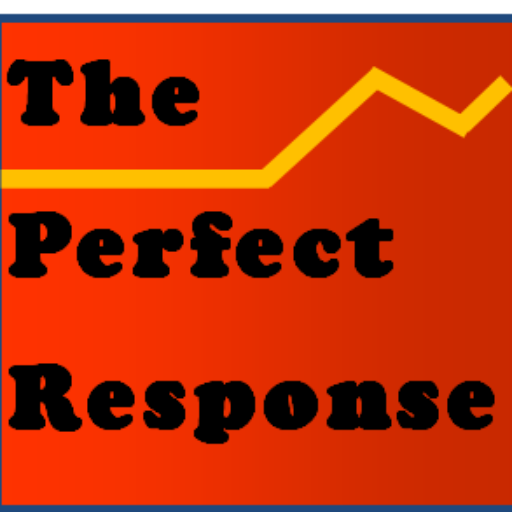The pendemic has left many of us out of practice for meeting and talking to people face to face. As the school year approaches and more workers return to offices, it time to think about exercising those rusty social skills that make us human. And speaking in public is one of them. It’s natural to be apprehensive about addressing a group. But that concern is no reason to avoid it.

Assessing someone’s comfort as a communicator usually involves comparing their perfected repertoire of roles against new roles thrust on them. Over a lifetime we acquire all sorts of comfortable responses to settings and situations we have learned to master. In the language of the theater, we know the scripts and we can easily pull of the requirements they place on us.
Functioning as an effective spouse, lover, best friend, reliable employee, dutiful parent, devoted son or daughter–even a competent chairperson of this or that committee–is not always easy. Even when we think we’ve become more or less a one-person repertory company ready for prime time, life has a way of placing us in situations we did not seek. Maybe a person is absolutely uncomfortable speaking in public, finding the right words to say at a funeral, or facing the daunting task of dismissing an employee who has not worked out. We all know the feeling of being pushed into what academics would call a “discrepant role.”
Think of Cameron Diaz as “Kimberly” in My Best Friend’s Wedding. She is mercilessly set up by Julia Robert’s character to be humiliated at a karaoke bar. Kimberly couldn’t carry a tune even if she was given a waterproof bag. Even so, her good-natured self easily triumphs over some truly awful warbling.
People who handle discrepant roles unusually well are usually called actors. We marvel at how they can inhabit another character so different than who they are. Theater is also a model in another sense. Within the literature of drama the inability to successfully pull of the requirements of a setting is actually a major premise of comedy. We love to see characters having little success coping with unfamiliar social situations. Film and television stars ranging from Lucille Ball and Cary Grant to Seth Rogen and Paul Rudd have all sold plenty of tickets on the premise that a botched effort to pass off a different self can be hilarious. For the rest of us, a potential loss of “face” weighs as a good reason to recoil from what can look like a disaster in the making. And yet the existence of the familiar comedy trope of a fish out of water ought to give us some comfort. To be sure, we don’t want to be the source of someone else’s entertainment. But the experience of facing and conquering what is for us a situational stretch is universal. Everyone knows the feeling. We identify with persons challenged by the new circumstance. And we know that grace in handling the pressure counts for a lot.
For Americans, public speaking is the most dreaded discrepant role. Many of us—actually about 30 percent—are terrified by the prospect. It ranks with snake-handling as a cause of fear. And yet most of us do pretty well overcoming these doubts and finding that it is a challenge we can conquer.
Don’t Read to a Group. Use Talking Points and be Conversational.
There is no trick to overcoming this natural apprehension, but there is a useful method for working past it. First, focus on what you have to say. Think of a presentation as simply a heightened form of conversation about something you regard as important. Second, don’t apologize for being nervous. Simply move on, using notes, but not memorizing or simply reading them. Finally, prepare an outline as an aid in delivering your ideas in your own words. This is called extemporaneous speaking and comes across as more natural.
Using these few steps, you’ve prepared. But you have also left yourself the advantage of delivering your ideas in your authentic personal style. Good remarks are simply an amplified and slightly more organized version of your conversational self.
Remember that audiences expect you to be you. And feared imperfections usually just make us more genuine.
![]()

